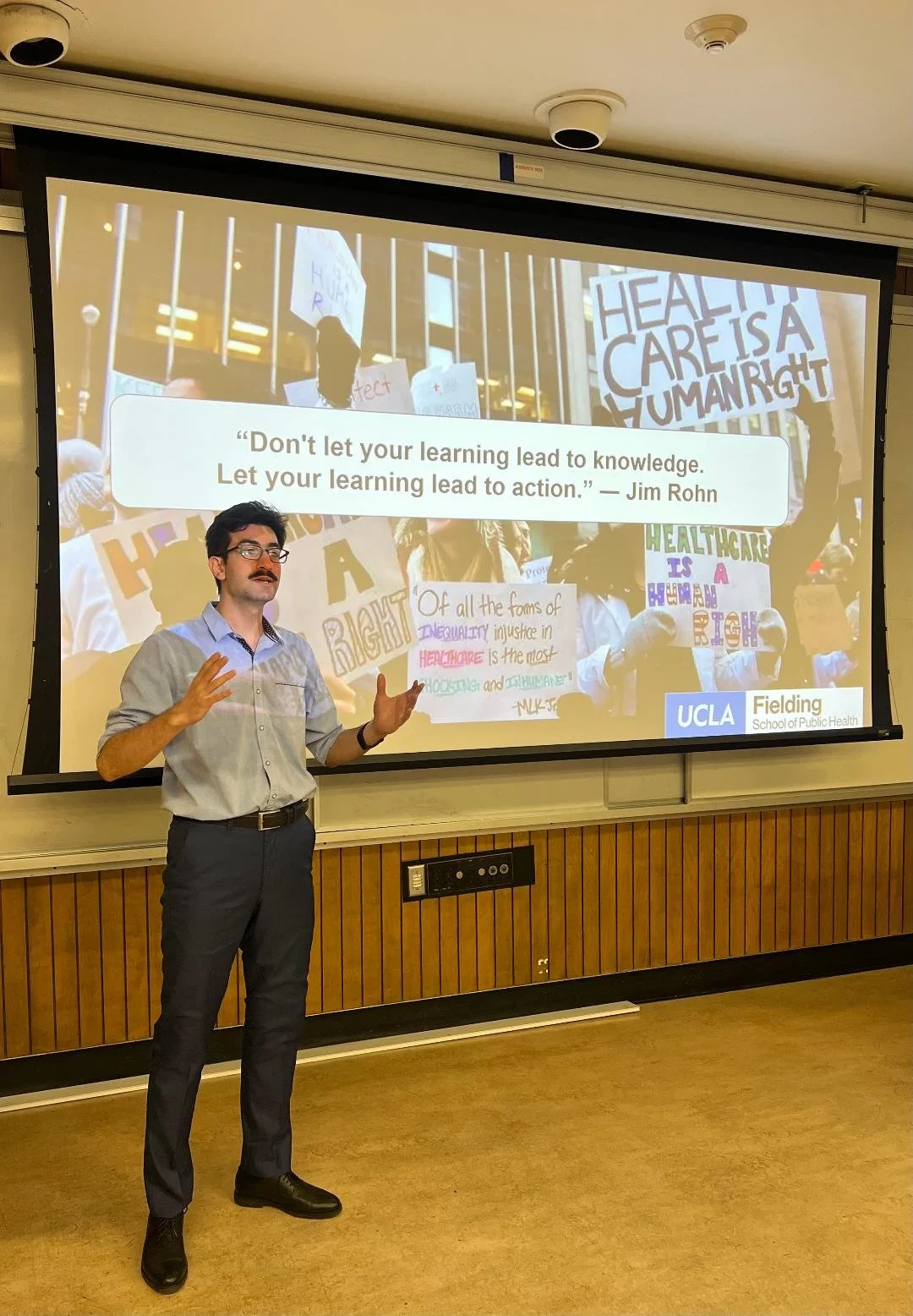Stories of Impact: Honoring Our Heroes
Stories of Impact: Honoring Our Heroes
Bridge Response Alliance: Empower with Purpose, Serve with Integrity, Build Trust with Empathy
Bridge Response Alliance is a nonprofit organization committed to transforming emergency response through a foundation of equity, innovation, and empathy. We deliver inclusive, evidence-based training that equips first responders to effectively and respectfully serve individuals with autism, disabilities, mental health conditions, and other diverse community members. Through immersive learning, real-world scenarios, and strategic cross-sector partnerships, we are building a model of public safety that is compassionate, culturally responsive, and rooted in trust. This is more than training—it is a movement for lasting, meaningful change.
Empowering Paramedics Through Neurodiversity Training: Transforming Emergency Response with Compassion and Confidence
A specialized neurodiversity training program for paramedics significantly improved their ability to understand, communicate with, and confidently support neurodiverse individuals in emergency settings. Grounded in evidence-based practices, the training addressed key areas such as sensory sensitivities, inclusive communication, and crisis response. Pre- and post-training assessments revealed substantial growth across all competencies, particularly in communication and recognition of neurodivergent traits. These outcomes highlight the program’s effectiveness and the critical importance of integrating neurodiversity education into standard emergency responder training to promote equitable, compassionate, and trauma-informed care.
Bridge Response Alliance: Leading the Next Generation of Emergency Response
Bridge Response Alliance (BRA) is leading a transformative effort to redefine emergency response through evidence-based, equity-driven training focused on neurodiversity and disability inclusion. In a recent training initiative, participants demonstrated an average 90.6% improvement across seven core competencies—including communication, emergency identification, and compassionate care—highlighting the program’s immediate impact and long-term potential to reshape the standard of care. Beyond closing critical gaps in first responder education, BRA is actively working to institutionalize inclusive training statewide, backed by innovative strategies and partnerships. The organization welcomes collaboration with EMS agencies, law enforcements, fire departments, public health institutions, and policymakers to build a more inclusive and equitable emergency response system for all.
We Asked Over 100 First Responders About Our Autism and Neurodiversity Training
Over the past several months, we trained over 100 first responders in autism and neurodiversity to better equip them with the skills and compassion needed to safely and respectfully serve neurodivergent individuals. Through post-training surveys, participants shared overwhelmingly positive feedback, highlighting the training’s clarity, interactivity, and real-world relevance. Many responders expressed that this was the first time they had received such essential education and emphasized its importance for all emergency personnel. This program addresses a critical gap in emergency response and is part of a larger mission to foster safer, more inclusive practices across EMS, fire, and law enforcement. With continued support and expansion, this training can help ensure that every individual—regardless of neurological differences—is met with understanding and dignity during a crisis.
Empowering the Next Generation of Public Health Leaders: Bridge Response Alliance Partners with UCLA Fielding School of Public Health Capstone Program (Students Receive Academic Credit)
Bridge Response Alliance is proud to partner with the UCLA Fielding School of Public Health as a community collaborator in the Undergraduate Capstone Program, offering students hands-on experience in advancing inclusive emergency response systems. Through this partnership, students will support neurodiversity-informed first responder training, gain practical skills in public health education, research, policy development, and community engagement, and contribute to systemic change across California. In addition to project work, students will be exposed to key disciplines such as grant writing, leadership, and professional development.






